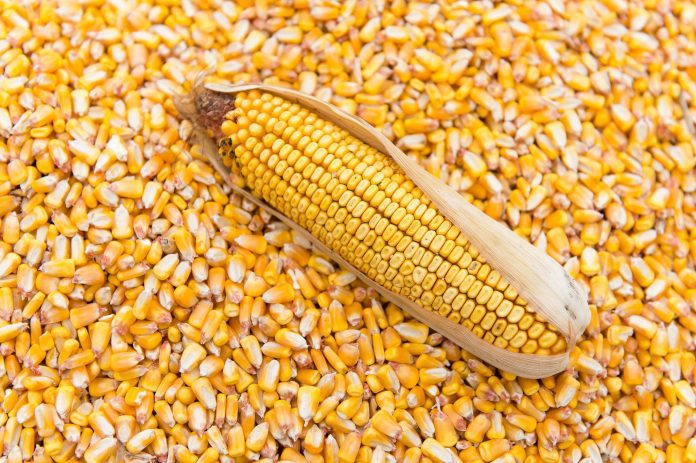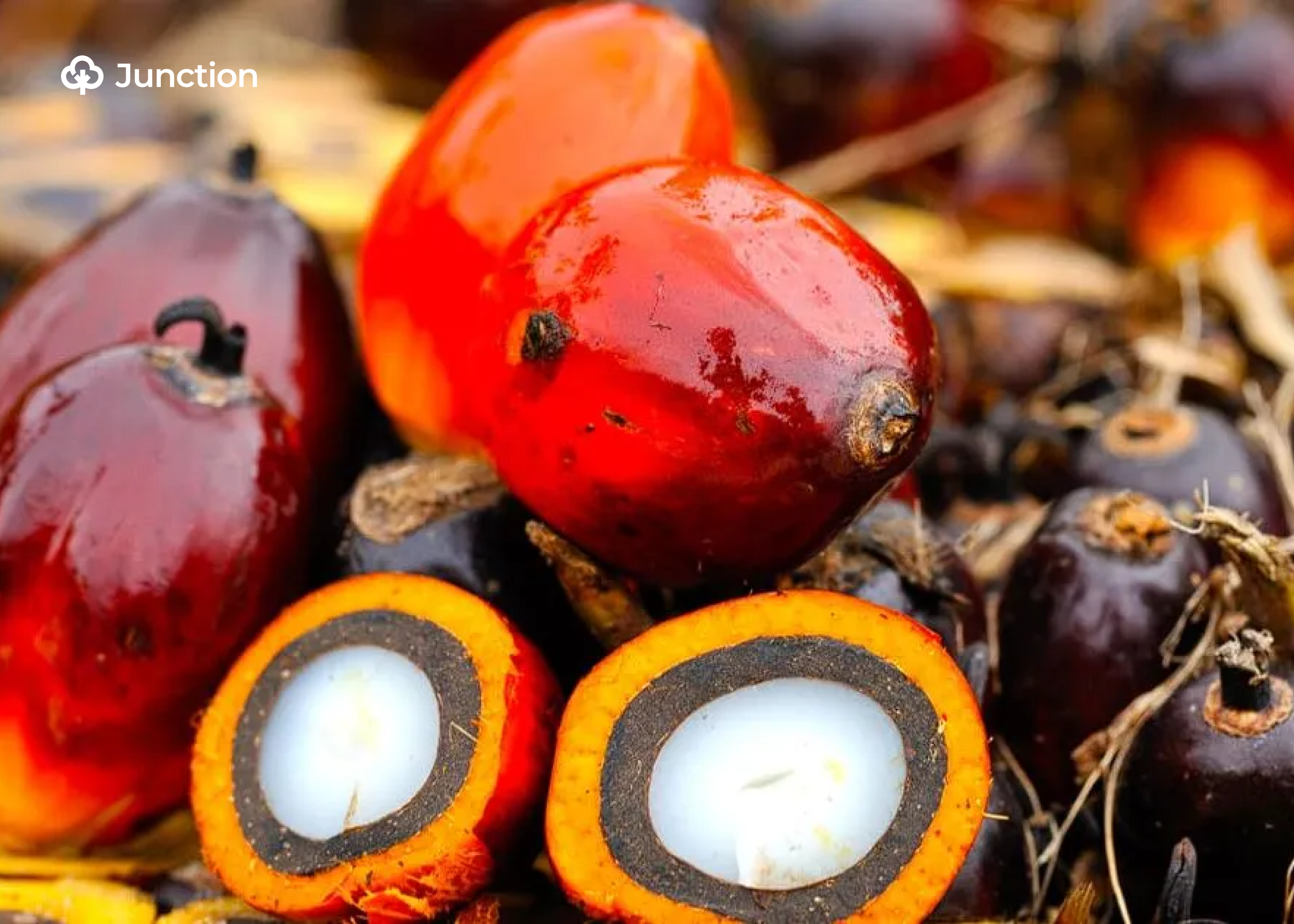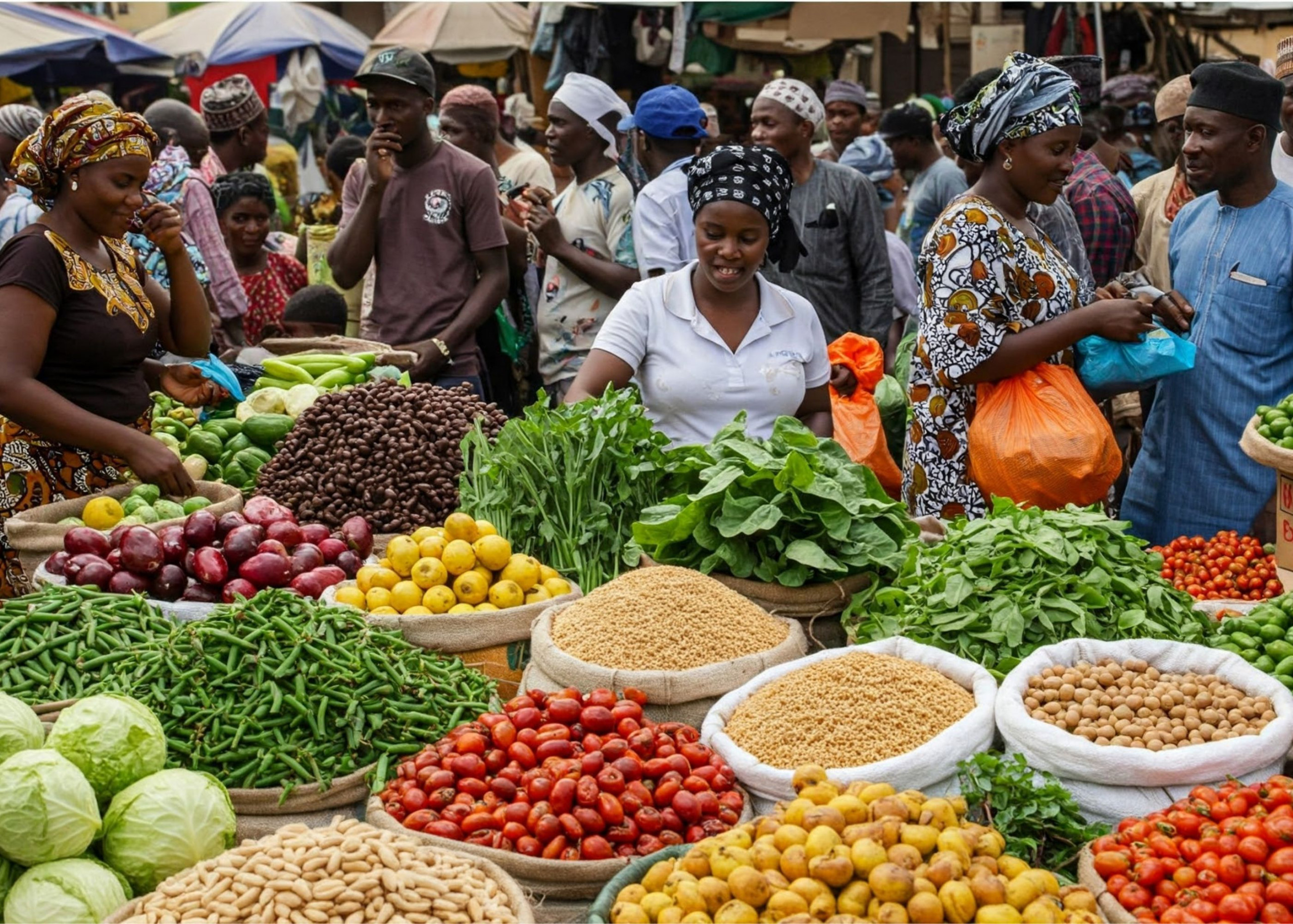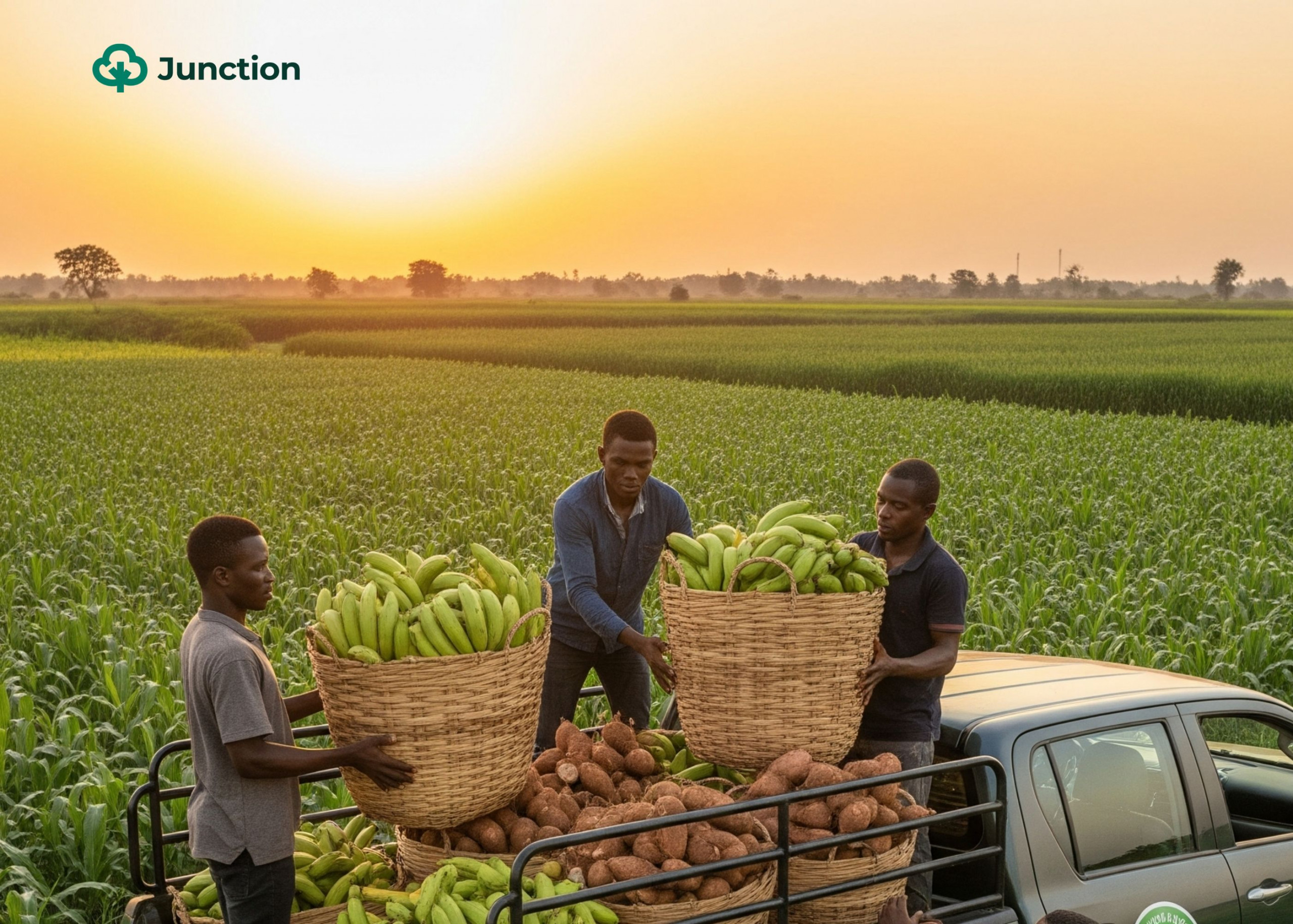Summary: Maize prices in Nigeria has surged in 2023 due to failure to meet rising demand because of production problems, limited imports, climate change, and external factors, posing a significant challenge for the country’s food security.
Maize plays a pivotal role in ensuring food security in Nigeria. It also serves as a vital source of income for smallholder farmers, feed for animals and industrial products. It is a staple for many Nigerians and others around the world.
Despite its importance, there are significant challenges when it comes to production which include pests, diseases, and climate change causing extreme weather. These factors all contribute to low yield and productivity. As such, supply is not enough for domestic demand.
2023 has seen a surge in the price of maize in Nigeria and chart 1 shows the average price of yellow and white maize grain(s) in 2023.
From January to March, the average price of 1 kg white grain maize was â¦337.50 and from April to June, it was â¦350.53. The price prediction for white grain maize between July and September 2023 was â¦360.86, showing a possible increase of 6.92% from Q1 to Q3 2023.
For yellow grain maize, the average price in the first quarter of 2023 was â¦343.01, and it was â¦357.50 in the second quarter of the year. The predicted average price from July to September is â¦372.08. Thus, from Q1 to Q3, yellow grain maize is expected to have seen an increase of 8.48%.

Maize price increase recorded in the first half of 2023 is due to rising demand as a result of a growing population and the decrease in supply due to import limitation. Changing weather patterns due to climate change is also influencing domestic production and maize supply.
External factors like the ongoing war in Ukraine, a major exporter of the crop, have also influenced the cost of maize through supply disruptions. The deprecation of the Naira against the dollar also contributes to the rising cost of imported maize. Furthermore, the cost of inputs such as fertiliser and fuel (PMS) has put upward pressure on the commodity’s price. According to the National Bureau of Statistics, the price of maize in August 2023 was about 50% higher than the price in the same month of 2022.
The increase in the price of maize is a major challenge for Nigeria. It is important for the government to take further steps to address this challenge, in order to protect the food security of the country.
One way is to improve domestic maize production, which will require investments in research and development (R&D) to develop new varieties of the crop that are resistant to pests and diseases and better suited to the climate in Nigeria. Additionally, farmers need to adopt better farming practices like improved irrigation and use high quality inputs to improve yield.
The government has been providing subsidies to farmers in form of affordable inputs, however, these measures have not yet begun affecting the price of maize.
Maize farming in Nigeria is critical to food security, job creation, and economic growth. As the nation continues to grapple with the dual challenges of feeding a growing population and boosting economic development, maize remains a cornerstone of the solution. With continued investment, innovation, and support for smallholder farmers, maize farming has the potential to play an even more significant role in Nigeria’s agricultural and economic landscape.



